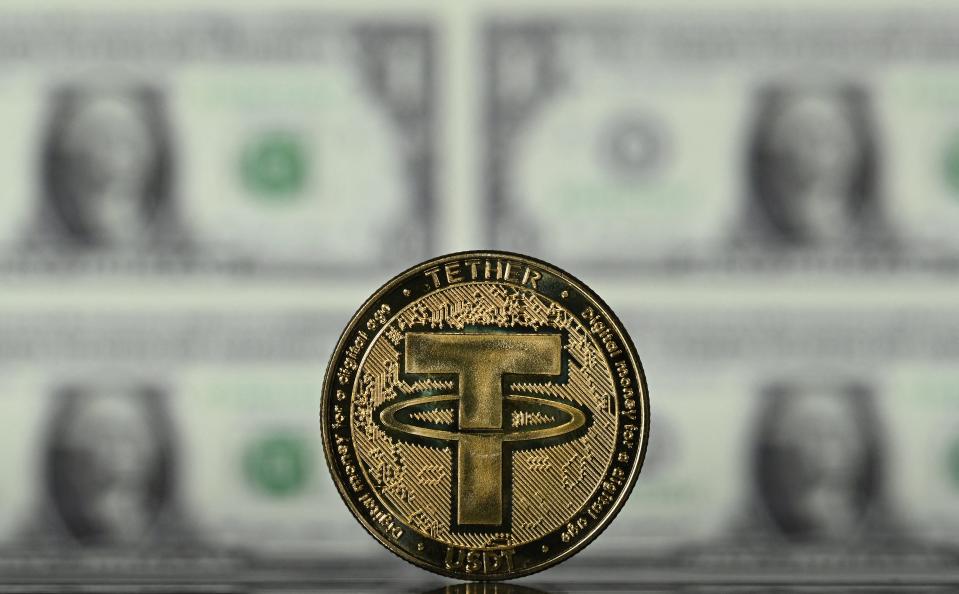Crypto giant Tether faked key documents to set up bank accounts – and terrorists then used one of them to launder money, report says

Tether faked key documents and set up shell companies to open accounts at several banks in 2018, according to the Wall Street Journal.
One of those accounts was then used by a terrorist group to launder money, the publication said.
Tether is a key player in crypto because it issues a dollar-pegged stablecoin with a $71 billion valuation.
Crypto giant Tether used faked documents and shell companies to set up bank accounts in 2018 – and one of those was then accessed by terrorists, according to a report.
The Wall Street Journal said Friday that the stablecoin issuer and its partner exchange Bitfinex falsified documents and opened accounts under different names in a bid to gain access to the global banking system, citing documents, e-mails, and people familiar with the matter.
Tether and Bitfinex turned to false documents and shell companies after Wells Fargo stopped processing transactions from its Taiwanese bank account in 2017, the report said.
Tether is a key player in crypto because of its USDT stablecoin, which traders turn to as a place to park their cash in times of high volatility because its value is fixed at $1.
USDT has a market capitalization of just over $71 billion and is more widely-traded than large-cap cryptocurrencies like bitcoin and ethereum, according to the data firm CoinMarketCap.
Because its value is "pegged" to the dollar, Tether relies on traditional banks to process transactions.
And executives' fears that Tether would be cut off from the global banking system drove it to open new accounts using fake names, false documents, and shell companies, according to the WSJ's report.
Tether opened new accounts in Taiwan using the name of a company called Hylab Technology, documents reviewed by the publication showed.
It also opened an account in Turkey in the name of a firm called Denix Royal Dis Ticaret Limited Sirketi – and that account was subsequently referenced in a US Department of Justice investigation into terrorist financing.
A 2020 affidavit filed by the DoJ alleged that Izz ad-Din al-Qassam Brigades, a terrorist organization with ties to Palestinian group Hamas, used the bank account set up by Tether to convert $80 million worth of crypto donations into cash.
Tether didn't immediately respond to Insider's request for comment.
The stablecoin issuer said in a Friday statement that the WSJ report was an example of the publication trying to spread "FUD" – fear, uncertainty, and doubt – to the wider crypto space.
"The Wall Street Journal's report about stale allegations from long ago is wholly inaccurate and misleading," Tether said.
"Bitfinex and Tether are proud partners of global law enforcement, and routinely and voluntarily assist the United States Department of Justice and other law enforcement organizations across the world in preventing money laundering, terrorism, and other crimes by bad actors."
Read the original article on Business Insider
